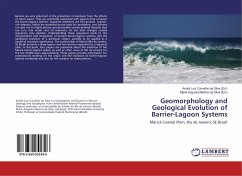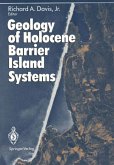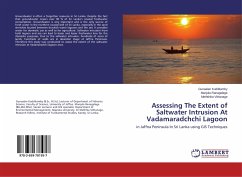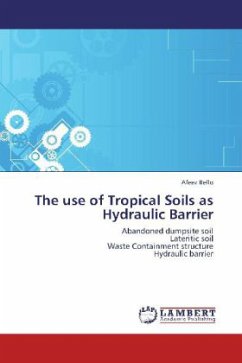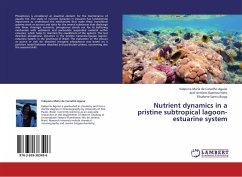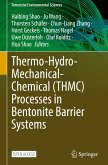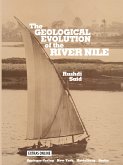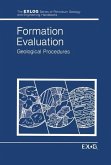Barriers are very important in the protection of mainland from the effects of storm waves. They are commonly associated with lagoons that compose the barrier-lagoon systems. Lagoonal sediments are fine-grained, organic-rich deposits, which are potential source beds for petroleum, and barriers can give rise to highly porous and permeable coarser-grained deposits that can turn into water and oil reservoirs. As sea level changes coastal sequences may develop. Understanding these sequences leads to the interpretation and recognition of ancient barrier-lagoon systems, and the geological evolution of a particular region, possible to be applied as a model of economic significance. The coastal plain of Maricá (Rio de Janeiro, SE Brazil) presents a large lagoon and two barriers separated by a lagoonal plain. In this book, four papers are presented about the evolution of the Maricá barrier-lagoon system as well as other areas of Rio de Janeiro for the last 50.000 years approximately. Thesepapers provide information for professionals working on the origin and the evolution of barrier-lagoon systems worldwide and also for the research on hydrocarbons.
Bitte wählen Sie Ihr Anliegen aus.
Rechnungen
Retourenschein anfordern
Bestellstatus
Storno

